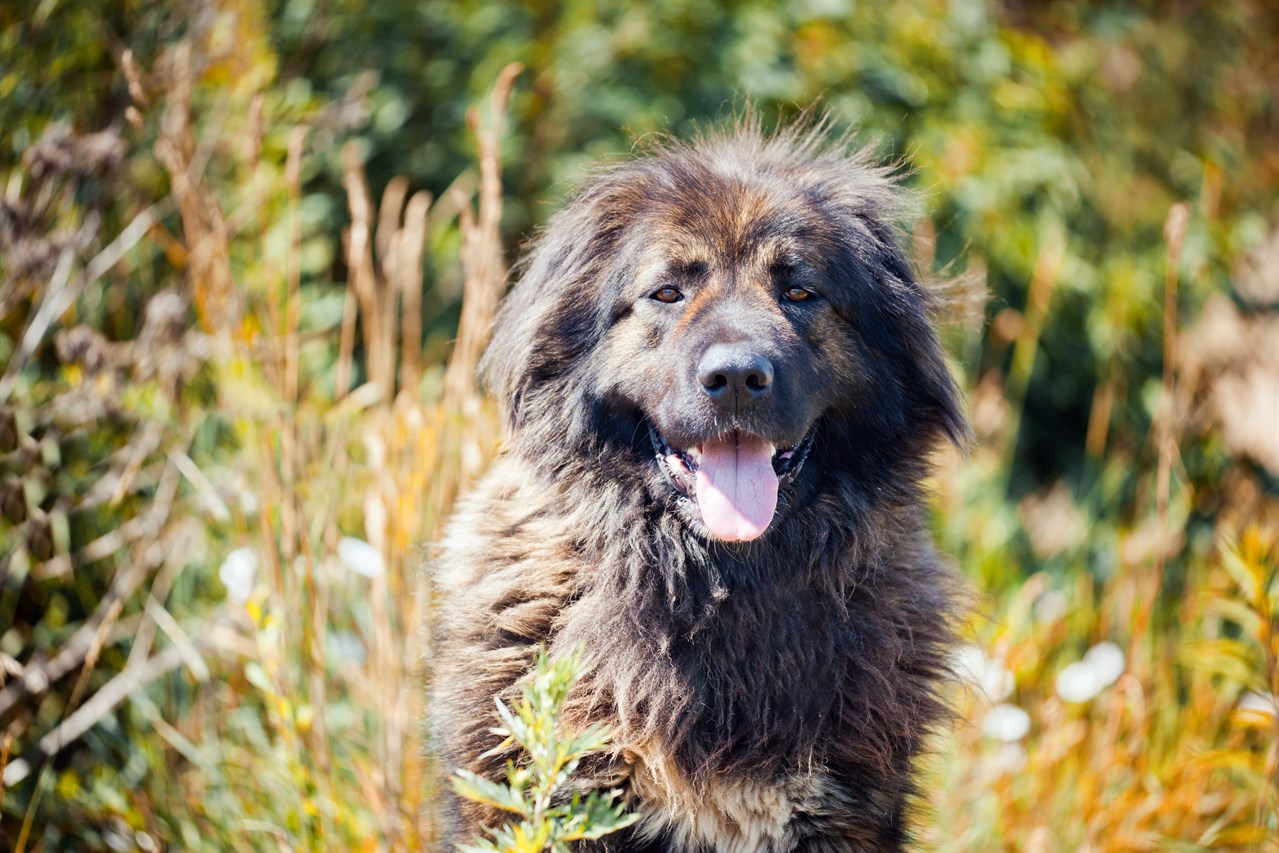Feast Fit for Royalty: Nurturing the Feeding Habits and Dietary Needs of the Caucasian Shepherd Dog

The majestic Caucasian Shepherd Dog, with its imposing stature and robust physique, requires a thoughtful and balanced approach to feeding. Understanding their unique dietary needs and feeding habits is crucial for maintaining their health, vitality, and overall well-being.
Size Matters
Caucasian Shepherds fall into the giant dog category, and their nutritional requirements are distinct from smaller breeds. High-quality, breed-specific dog food designed for large breeds is recommended to support their growth, bone development, and overall health.
Protein-Rich Diet
Protein is a vital component of the Caucasian Shepherd's diet. Look for dog food formulae with a moderate to high protein content, sourced from quality animal proteins. Protein supports muscle development and maintenance, crucial for these active and powerful dogs.
Controlled Caloric Intake
Maintain a controlled caloric intake to prevent obesity, a common issue in large breeds. Obesity can lead to various health problems, including joint issues. Feeding a measured amount of high-quality dog food and avoiding excessive treats is essential for weight management.
Balanced Nutrition
Ensure a well-balanced diet that includes a proper mix of proteins, fats, carbohydrates, vitamins, and minerals. Consult with a veterinarian to select a dog food formula that meets the specific needs of the Caucasian Shepherd, considering factors such as age, activity level, and health status.
Puppy Nutrition
Caucasian Shepherd puppies require specialised nutrition to support their rapid growth. Puppy-specific formulae provide the essential nutrients needed for bone development and overall health. Monitor their weight and adjust the feeding amounts accordingly during growth phases.
Meal Frequency
Divide daily food intake into two or three meals to prevent issues such as gastric torsion, a condition to which larger breeds may be prone. Spreading out meals aids in proper digestion and reduces the risk of bloat.
Fresh Water Access
Ensure continuous access to fresh and clean water. Hydration is crucial for overall health and aids in digestion. Monitor water intake, especially during warmer weather or periods of increased physical activity.
Nutritional Supplements
In consultation with a veterinarian, consider nutritional supplements if needed. Certain health conditions or dietary deficiencies may warrant the addition of supplements such as joint support or omega-3 fatty acids.
Regular Monitoring and Adjustments
Regularly monitor your Caucasian Shepherd's body condition, weight, and overall health. Adjust their diet as needed, accounting for factors such as age, activity level, and any changes in health status.
Avoiding Human Foods
Refrain from feeding your Caucasian Shepherd human foods that may be harmful, including those containing chocolate, caffeine, alcohol, and certain fruits or vegetables. Consult with a veterinarian before introducing any new foods into their diet.
Allergies and Sensitivities
Be attentive to signs of food allergies or sensitivities. If you notice symptoms such as itching, digestive upset, or changes in coat quality, consult with a veterinarian to explore potential dietary adjustments.
In conclusion, nourishing the Caucasian Shepherd Dog involves a commitment to providing a balanced and nutritious diet tailored to their specific needs. By understanding their feeding habits and focusing on quality nutrition, you contribute to their longevity, vitality, and overall happiness. Regular consultations with a veterinarian ensure that their dietary requirements are met at every stage of life.
Caucasian Shepherd Dog puppies for sale
- Find Caucasian Shepherd Dog puppies for sale in ACT
- Find Caucasian Shepherd Dog puppies for sale in NSW
- Find Caucasian Shepherd Dog puppies for sale in NT
- Find Caucasian Shepherd Dog puppies for sale in QLD
- Find Caucasian Shepherd Dog puppies for sale in SA
- Find Caucasian Shepherd Dog puppies for sale in TAS
- Find Caucasian Shepherd Dog puppies for sale in VIC
- Find Caucasian Shepherd Dog puppies for sale in WA